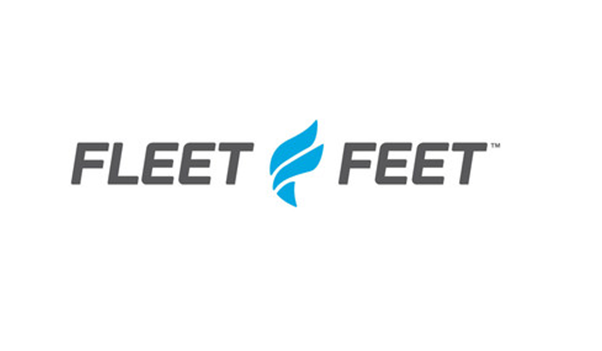Running specialty retailer Fleet Fee has partnered with its U.S. exclusive in-house brand Karhu to develop the Ikoni, a running shoe constructed from the data points of more than 100,000 customer 3D foot scans. These scans, and specifically 7 of 12 total data points captured from the scans, helped inform the build of the shoe last.
The data comes from the 3D scanning technology fit id, which the brand launched in-store in 2017 as a new tool to help Fleet Feet’s outfitters further personalize product recommendations for its customers by analyzing data pertaining to foot shape and size. Using the aggregate data supplied from Fleet Feet, Karhu, the 100-year-old Finnish running brand that Fleet Feet began an exclusive U.S. relationship with in 2016, began constructing a running shoe that accounted for noted differences in key data points, including heel width, instep height and forefoot height. Designed to distribute force to targeted areas of the shoe, the Ikoni amplifies momentum and efficiency that can lead to a longer and faster run, said the companies.
“Every decision Fleet Feet makes goes back to answering the question, ‘How will this be good for the customer?'” said Joey Pointer, president and CEO of Fleet Feet. “I can think of no better initiative that defines that customer-first mentality than offering a running shoe based upon the actual measurements of their feet, and that delivers on their needs for comfort and performance.”
After very positive wear tests in March of 2018, Karhu moved forward with final production. The Ikoni will launch at Fleet Feet exclusively in-store and online on Sept. 7, followed by Karhu and Fleet Feet booth experiences at both the Chicago and New York City marathons.
“Through the use of data and technology, we’re doing something no one else in the world is doing, and something our founders certainly wouldn’t have envisioned as possible 100 years ago,” said Huub Valkenburg, CEO of Karhu. “Beyond just creating a new shoe design, we are able to merge our extensive biomechanical research, all done from dynamic testing, with real customer fit id data in our footwear. We can understand on a large, data-driven scale precisely what runners need to perform well, and build a pair of shoes that helps them do that while also providing a premium and comfortable ride.”








